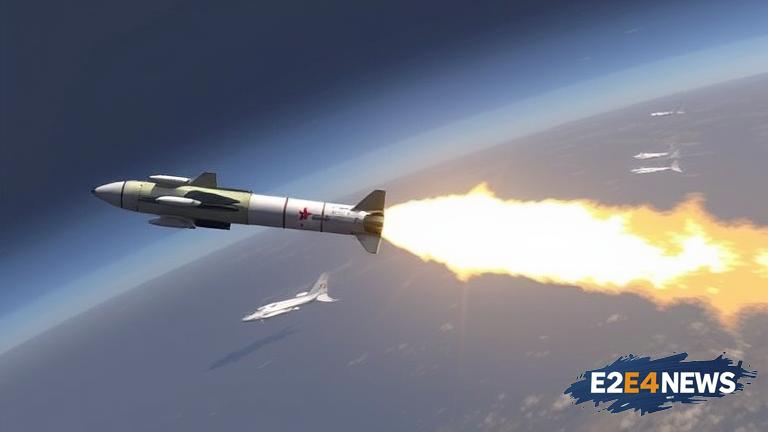In a significant development, Israel’s defense forces have confirmed the interception of a missile launched from Yemen, marking a notable escalation in the region’s volatile security landscape. The incident has raised concerns about the potential for increased conflict between Israel and Yemen, with the latter being a key battleground in the ongoing proxy war between Saudi Arabia and Iran. According to reports, the missile was launched from Yemeni territory and was detected by Israel’s advanced defense systems, which promptly intercepted the projectile. The Israeli military has stated that the missile was likely launched by Houthi rebels, who have been backed by Iran in their fight against the Saudi-led coalition. This incident is the latest in a series of exchanges between Israel and Iranian-backed forces in the region, with tensions simmering over issues such as Iran’s nuclear program and its support for militant groups. The Israeli government has long considered Iran’s presence in the region a significant threat, and has taken steps to counter its influence, including launching airstrikes against Iranian targets in Syria. The Houthis, who have been fighting the Saudi-led coalition since 2015, have also been known to launch missiles and drones at Saudi and Emirati targets, and have threatened to attack Israeli cities in the past. The interception of the missile has sparked concerns about the potential for a wider conflict in the region, with the United States and other Western powers urging calm and restraint. The incident has also highlighted the need for a comprehensive and lasting solution to the conflict in Yemen, which has resulted in thousands of civilian casualties and a devastating humanitarian crisis. The international community has called for an end to the fighting and the establishment of a peaceful and stable government in Yemen. In response to the incident, the Israeli military has stated that it will continue to take all necessary measures to protect its citizens and defend its territory. The Israeli government has also warned that it will not hesitate to take action against any threats emanating from Yemen or other parts of the region. The incident has sparked a flurry of diplomatic activity, with the United States, the European Union, and other key players urging restraint and calling for a peaceful resolution to the conflict. The United Nations has also issued a statement expressing concern over the escalation and calling for an immediate end to hostilities. As the situation continues to unfold, it remains to be seen how the incident will impact the broader regional dynamics and the ongoing efforts to resolve the conflict in Yemen. The international community will be closely watching the situation, with many hoping that a peaceful resolution can be found to avoid further escalation. In the meantime, the people of Yemen continue to suffer, with the humanitarian crisis showing no signs of abating. The conflict has resulted in widespread destruction, displacement, and loss of life, with many civilians caught in the crossfire. The need for a lasting and comprehensive solution to the conflict has never been more pressing, with the international community urged to take immediate action to address the crisis. The incident has also highlighted the importance of diplomacy and dialogue in resolving conflicts, with many calling for a renewed effort to engage in peaceful negotiations. As the region teeters on the brink of further escalation, it is imperative that all parties involved take a step back and consider the devastating consequences of continued conflict. The people of Yemen deserve peace, stability, and prosperity, and it is the responsibility of the international community to help achieve this goal. The incident serves as a stark reminder of the complexities and challenges of the region, and the need for a nuanced and multifaceted approach to addressing the various conflicts and crises. Ultimately, a lasting solution to the conflict in Yemen will require a sustained and collective effort from the international community, with a commitment to diplomacy, dialogue, and cooperation.





